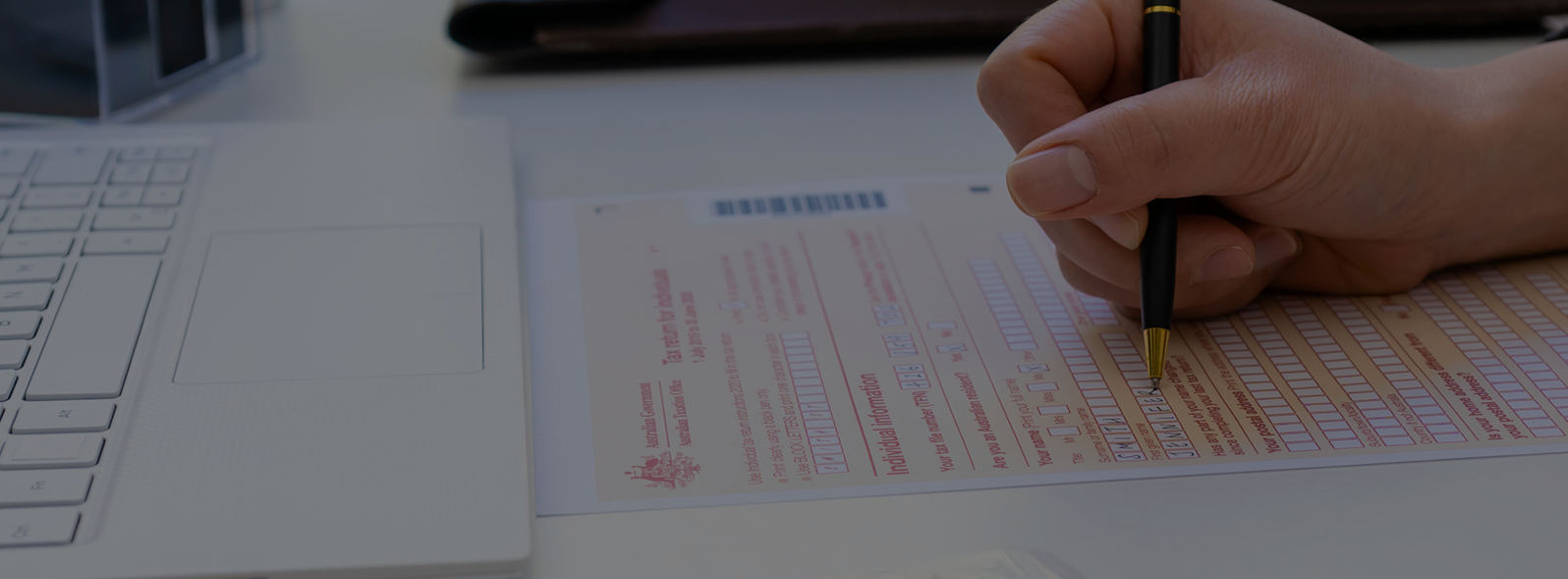Tax returns can be daunting at the best of times, and given the tumultuous year that was 2020/21 it’s totally normal to be a little more apprehensive than normal about how to go about it. We’ve pulled together some of the key things to know about preparing for and lodging your tax return this year, to make life a little easier (we hope!).
When to do your tax return
The 2020-21 tax returns will start being processed by the ATO from 7 July 2021. Tax refunds will start being paid by the ATO from 16 July 2021. So if you’re confident and ready to go with your return, or you’re wanting to book an appointment with an accountant you can expect to get things rolling pretty quickly.
When is the deadline for tax return?
In 2021 the deadline for submitting your 2020-21 tax return is 31 October 2021, although technically because the 31st falls on a Sunday you’ll have until the 1st of November to lodge it. Try to do it earlier rather than later to make sure everything is in on time and you don’t get hit with any penalties for failing to lodge your return by the deadline.
How to lodge your tax return
You can either lodge your return by yourself online using MyTax, or you can go through a registered tax accountant.
If you’re lodging it yourself all you need is a MyGov account that has been linked to the ATO. If you lodge your return yourself you’ll generally get your return within 14 days. If you lodge it with an agent it can take a little longer, however using a tax agent isn’t too expensive and can save you a lot of stress if you don’t feel comfortable navigating the MyGov portal, or are unsure about your return details.
Working from home expenses
If you spent most of 2020/21 working from home you’ll be able to claim some working from home expenses which will increase your refund. There are a couple of different ways to calculate your costs, the simplest is to keep a diary of how many hours you’ve worked from home. You then multiply these hours by 80cents. For the average 40 hour work week this equates to $1800 in deductions.
There is a more complex method of actual-costs and fixed-rate which can generate larger deductions but will also attract more attention and are easier to get wrong. The impact and costs of working from home vary greatly depending on your industry and your role. If you’re unsure it might be a good idea to consider a tax agent to make sure you get the maximum deductions without accidentally getting in trouble with the ATO – which leads us to the next point.
ATO audit focus for 2020-21
Every year the ATO focusses on different elements of tax returns that are likely to be taken advantage of. This year they’ve indicated they’ll be paying very close attention to working from home expenses, particularly including expenses that aren’t solely for work purposes. For example claiming 100% of your internet costs or phone bill as a work from home expense will raise red flags as you have private use of these services as well.
JobSeeker and JobKeeper
If you received JobSeeker payments the Government will include this amount into your tax return by the end of July. If you are lodging your return earlier you’ll need to include the total amount you’ve received from JobSeeker yourself.
If you were on JobKeeper in 2020/21 it will be included as income in your income summary, available via your myGov account.
If you’re ever unsure, make sure to check out the ATO Individual Tax Return information, or find a trusted tax accountant to help you lodge your return.















